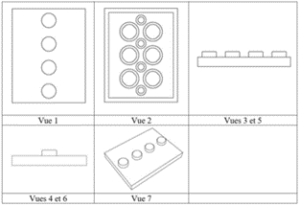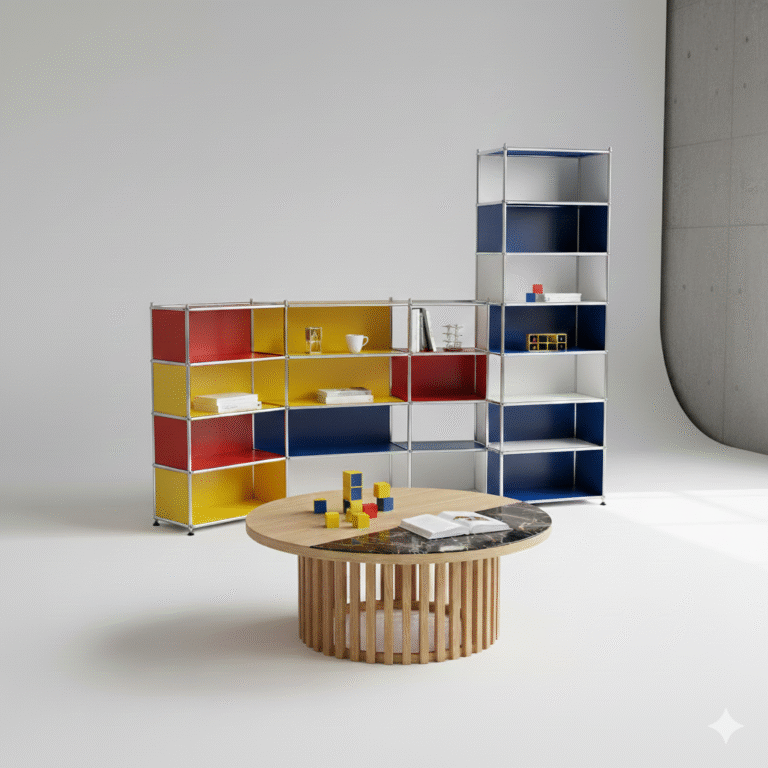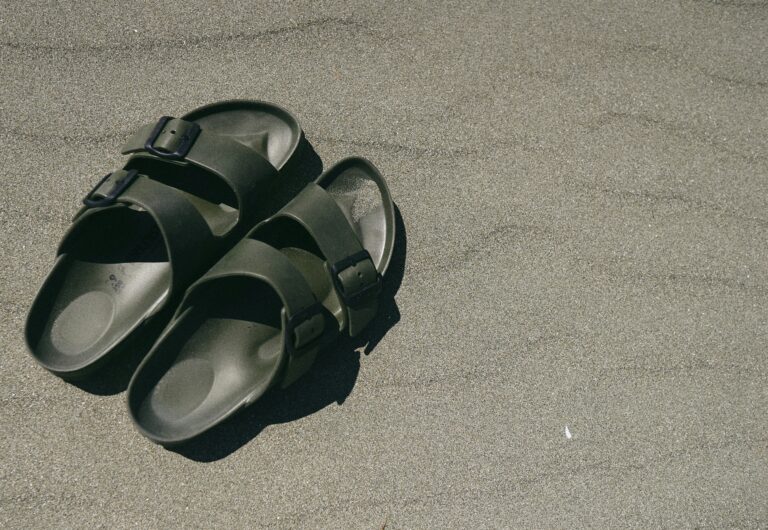A recent ruling by the General Court of the European Union (the General Court) delivered an important judgment on the design protection of the famous LEGO brick. After several years of uncertainty as to whether the LEGO brick enjoys design protection, clarity has been given. Whether this will bury the legal hatchet remains to be seen.
Background
In 2010, LEGO registered a new type of LEGO brick as a design with the European Union Intellectual Property Office (EUIPO). It concerned the flat, wide cube with four studs at the top (Figure 1). In 2016, the German company Delta Sport HandelsKontor GmbH (Delta Sport) filed a nullity action against the registration of this design. This was because all external features would be determined solely by the technological functionality of the product and, for this reason, the design would not enjoy protection under design law.
Initially, the nullity action was dismissed. However, in 2019, the EUIPO concluded that all the features of the design are indeed determined solely by technical functionality (which is being able to attach the LEGO brick to other LEGO bricks), therefore it is not entitled to design protection.

Figure 1: case T-537/22
Design law
Design law protects the appearance of a utilitarian object, giving its holder an exclusive right. A design is protected if it is new and has an individual character. The requirement of an individual character takes into account the degree of design freedom of the designer. It follows from the 2002 European Union Design Regulation that no protection is conferred on designs whose appearance is solely dictated by their technical functionality, unless their purpose is to permit the multiple assembly or connection of interchangeable components within a modular system. This could include building blocks or blocks for children and tables consisting of smaller tables that can be joined together. If the conditions of novelty and an individual character are not met, or the design is determined by technical functionality, a Union design may be declared invalid and lose its design rights.
LEGO t. Delta Sport 24 March 2021
After the EUIPO declared the design of the new type of LEGO brick invalid at Delta Sport’s request in 2019, LEGO brought a case against Delta Sport. In the ruling, the General Court followed LEGO’s arguments and ruled that the model was wrongly declared invalid. According to the General Court, the EUIPO did not look at all the features, in particular the smooth top with the four studs (see Figure 1, Vue 1 and 7). The EUIPO failed to establish that the smooth top was determined solely by technical functionality. It is precisely because of that top side that the cube could be eligible for design rights. In addition, the Court considers that the EUIPO should have assessed whether the LEGO brick would fall within the exception of a modular system. After all, the LEGO brick is used in combination with other blocks to build.
Delta Sport v. EUIPO 24 January 2024
Following the 2021 ruling, the EUIPO adopted a new decision rejecting Delta Sport’s application for invalidity. In that decision, the EUIPO finds that the protection cannot be revoked because the LEGO brick is part of a modular system and therefore falls under the exception.
Delta Sport disagrees with the decision. It takes the view that the smooth top as part of the design does not fall under the exception of a modular system and therefore the entire design cannot fall under the exception. In addition, Delta Sport complains that the burden of proof for the requirements of novelty and an individual character does not lie with it, but with LEGO.
The Court rejected Delta Sport’s arguments. Even if the smooth top does not fall within the exception, that does not mean that the exception cannot apply at all. This requires that all features of protection are excluded. Moreover, the Court finds that Delta Sport has not shown that the design did not meet the requirements of novelty and individual character. It is therefore unnecessary for LEGO to bring rebuttal evidence. The burden of proof has been properly assigned, as it is up to the claimant to argue that the design did not comply.
Conclusion
This case is a good example of the complex situations that can arise within intellectual property law regarding the protection of functional designs. Courts must strike a balance between preventing monopolies and encouraging innovation. In this case, the Court took a step towards clarifying where the line is drawn: that one or more features are excluded from protection is insufficient to invalidate the entire design.
It is uncertain whether this case is now completely settled. Delta Sport still has an appeal pending before the Court of Justice of the European Union, Europe’s highest court. In any case, LEGO enjoys design protection until then.



